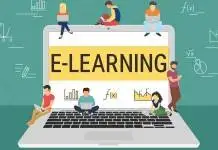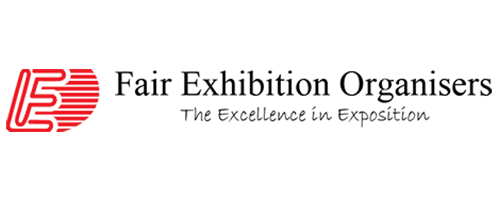Change is a constant in the world of education, and India’s education system is no exception.
The Indian Ministry of Education’s National Curriculum Framework 2023 has set the stage for a significant shift in the evaluation process for students. One of the most noteworthy recommendations is the introduction of biannual board exams across all educational boards in the country starting in 2024. This is a significant announcement that will reshape the way students’ knowledge is assessed. Infact this not only impacts just students; it also carries profound implications for our educators.
While board exams have been quite popular for many years amongst Indian students, it was not one that was very happily accepted. Even as this remains a very important exam for students, the government wanted to ease out the process for both students and teachers by incorporating some much-needed changes. These include –
Focus on Practicals: Biannual board exams are expected to place a more significant emphasis on practical examinations, providing students with ample time and opportunities to excel in hands-on assessments. This approach aligns with the evolving needs of the job market, where practical skills are highly valued.
Fair and Equitable Assessment: The National Curriculum Framework for School Education (NCF) recommended biannual board exams to ensure a fair and equitable assessment process. This change aims to eliminate the high-stakes nature of traditional annual exams and provide students with a more balanced evaluation system.
Elimination of Traditional Streams: Another significant change under consideration is the elimination of traditional streams like science, commerce, and humanities. This move promotes flexibility, allowing students to explore a broader range of subjects aligned with their interests and career aspirations.
Empowerment of Students: Biannual board exams are designed to empower students. The increased opportunities to perform well in these exams can boost students’ confidence and motivation to excel academically.
ALSO READ: Janmashtami Delight at TSWY Sector 13 Rohini: Celebrating Lord Krishna’s Birth with Zest
Reduction of Stress: By offering two chances to take board exams each year, the new system aims to reduce the stress and pressure traditionally associated with a single high-stakes exam. This change is expected to have a positive impact on students’ mental health and overall well-being.
A New Era of Opportunities for Educators
For educators, this change embraces a new approach towards teaching and one that helps them equip students with the demands of the changing job market. Speaking about the new change, Rishabh Khanna, the Founder and CEO of Suraasa shares, “Education is a dynamic field, and the introduction of biannual board exams is a significant step towards creating a more equitable and practical assessment system for our students. However, it also signifies a new era of opportunities and challenges for our educators. At Suraasa, we believe that teachers are the driving force behind a successful education system. They have the potential to adapt to these changes, provide valuable guidance to students, and ensure that learning remains engaging and relevant. We are looking forward to embracing this shift and empowering our students for a brighter future.”
Some key elements that will create opportunities and challenges for teachers include increased assessment opportunities, greater flexibility in teaching, a focus on practicals, and the need for continuous professional development.
Biannual board exams provide teachers with more chances to assess their students’ progress and provide timely feedback. This continuous evaluation can lead to more targeted support and improved learning outcomes. Moreover, the elimination of traditional streams offers teachers greater flexibility in their teaching approaches. They can adapt their methods to cater to the diverse needs and interests of their students, fostering a more inclusive learning environment.

Hence, the emphasis on practical examinations creates opportunities for teachers to engage students in hands-on learning experiences, making learning more interactive and relevant. Additionally, teachers will need to adapt to this new assessment pattern, which can serve as a catalyst for continuous professional development, encouraging educators to stay updated with evolving teaching methodologies and assessment practices.
Roadblocks For Educators In Adapting to the Shift
Even as opportunities help everyone evolve, the transition to biannual board exams presents several challenges for teachers. One key challenge is an increased workload as they must prepare students for exams twice a year, demanding effective curriculum planning. The focus on practical exams may require extra resources, which some schools may struggle to provide. Furthermore, teachers may need training to adapt to the new system which is why Continuous professional development becomes crucial.
In this evolving education landscape, teachers should embrace change. Ongoing professional development keeps them updated with modern teaching and assessment methods and collaboration with fellow educators helps manage the increased workload and resource demands. Additionally, prioritizing student well-being is vital, offering emotional support as they navigate the new format. Exploring innovative teaching techniques, including technology integration, enhances engagement and learning effectiveness.
In the end, the introduction of biannual board exams and the elimination of traditional streams is a significant step toward reshaping education in India. Teachers play a pivotal role in this transformation, and their adaptability and dedication will ultimately determine the success of this new assessment system.
This year educate yourself and develop your career with EasyShiksha



































































